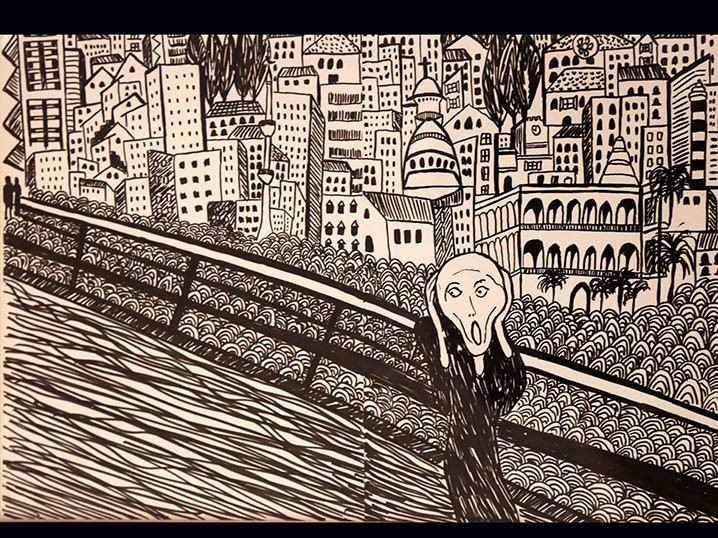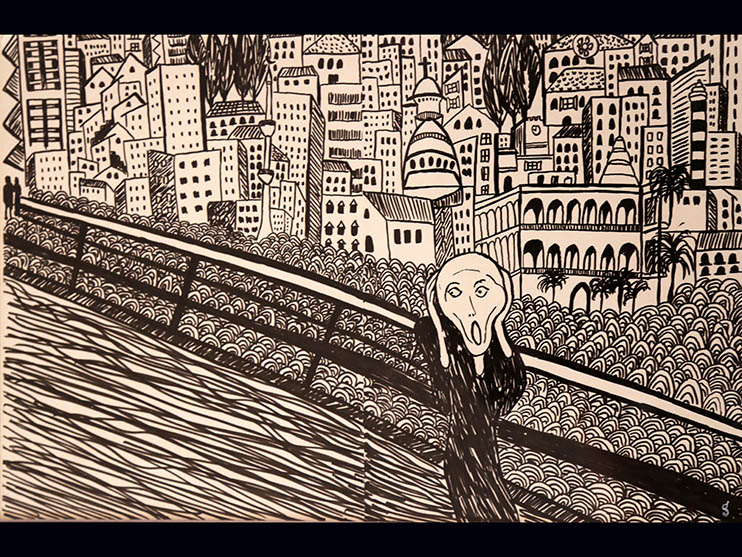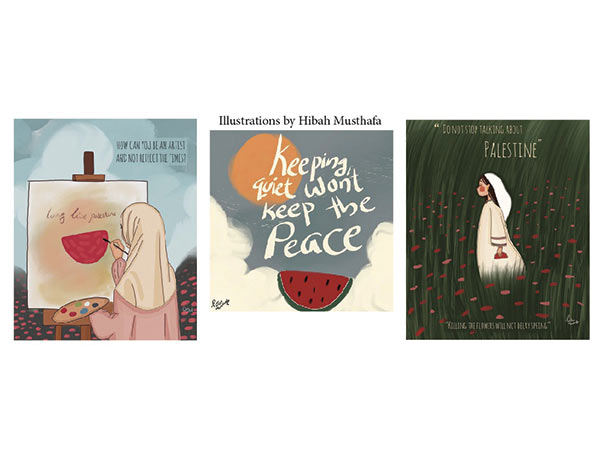Industry Talk - Free Talk
On Lebanese Parliamentary Elections and the Art of Selling Words to a Population in Desperate Need of Action
by Christina Fakhry
April 24, 2018

If it weren’t for the new electoral law that scooped voters into a melting pot of ice-cream explanations and forged quite a few improbable coalitions in a juicy battle of lists and proportions, then 2018 would easily pass for 2009 because nothing else has practically changed about election logic (or shall we say the absence of it?) since then.
The fault in our political system does not lie in its inherent constitution or governing laws, but rather in its traditional reliance on the futility of words.
Words that get stripped of their essence across years of formulaic reiteration. Words borrowed from the greats to serve mediocre ends. Words that lose all eloquence in inarticulate mouths. Words that offend in their attempt to mend. Words that are only awakened to stir dormant sectarian conflicts. Words that make perfect sentences but no sense at all. Words that shine in Facebook statuses but would never translate into real-life solutions. Words that come and go. Words so generic they never actually go. Words that may not always be parallel in meaning or magnitude, but are forever equal in vanity.
To even word our worldly infatuation with words is a world-class wording paradox.
We’ve been spiraling in a whirlwind of words for so long, it has become a fundamental part of our culture, not to admit has swept its entirety.
Whether we choose to perpetuate this void of words or salvage what’s left of our nation’s soul is not entirely up to us, yet it is up to us, now more than ever before, to open our eyes to its vicious rule and shut our ears to its ongoing muddle in the hope of pioneering a much-needed call to action.














